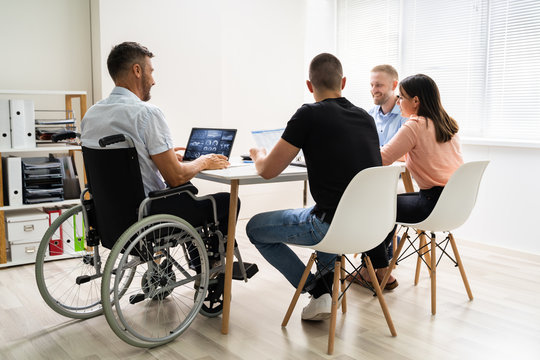How to Get Financial Help for Medical Bills

Seeing a pile of bill statements, especially medical bills, is very distressing. These are often incurred in the company of a chronic illness or in cases where a person is admitted to the hospital unexpectedly, and they can leave a dent in your pocket. Yet, there are opportunities to get Money for healthcare expenses and decrease the load. Here are some of the most workable measures to bear in mind.
Negotiate with Healthcare Providers
The first thing anyone should see doing when caught up in a challenge of large medical bills is contacting the healthcare provider. Nowadays, most hospitals and clinics are flexible in making payments to the patient, and they are ready to explain the charges for treatment or provide some installment package. Sell honestly to them and inquire whether they offer free or discount-charge services or charity care policies. Most hospitals provide support or have special arrangements for those with such needs.
Look for Government Assistance Programs

I am aware of programs instituted by the government to assist with merry-go-round medical expenses. Low-income people can access Medicaid and CHIP health insurance programs for low-income individuals and families. These programs include standard health services such as annual visits, diagnostics, and minor surgeries for severe conditions like sudden accidents. It is advisable to apply for it because its Availability depends on the income level or number of people in your household. In the same respect, Medicare is also available to supplement the medical expenses of the targeted individuals, helping those with systematic diseases.
Explore Nonprofit and Charitable Organizations
Many nonprofit organizations provide medical bill funding. Some of these charities can be disease-specific or audience-oriented, and while they may not directly pay your medical bills, they can grant Money you need to spend on treatment. Some coping organizations include the HealthWell Foundation, the Leukemia & Lymphoma Society, and the Patient Advocate Foundation, helping patients deal with copayment programs, prescriptions, and other medical costs. As many charities have specialized programs for special conditions, try searching for charities associated with your sickness.
Check Eligibility for Prescription Assistance Programs
A particular drug prescribed may prove very costly to administer, yet available sponsoring programs may be sought to assist with recovery bills. Patient assistance programs (PAPs) are available for most drugs; large pharmaceutical companies run free or low-cost programs. It's also worth checking out coupons similar to GoodRx, which provides cheaper medication prices. The above options may assist in reducing the total cost of medical treatment and make you available for what you need.
Utilize Crowdfunding Platforms

There is no better way, as of the recent past, to seek cash to help pay for the expenses incurred in hospitals than through crowdfunding. Platforms like GoFundMe let people set up campaigns and tell their stories online, which is an enormous bonus. Getting help from friends, kinfolk, and even passersby can help you pay your bills. In aviation disaster cases or costly operations, for instance, crowdfunding is more advantageous for unplanned diseases in our system. The goal is to tell others about your situation in a manner that may prompt someone out there who could help if they learn about them.
Consider Medical Credit Cards or Loans
Another payment method might be medical credit cards, such as CareCredit. Such cards are associated with promotional time limits within which interest is not charged. This might be a good strategy for paying off small and unexpected expenses; however, it can attract a higher interest rate than the advertised APR if the balance is not paid before the end of the promotional APR period. Medical emergencies may also be addressed through personal loans. However, care must be taken when engaging in such plans because of the high interest rates and stiff repayment methods.
Seek Help from Financial Counselors
There are times to ask for the help of financial counselors or patient advocates regarding medical bills. Most hospitals and healthcare centers have financial advisors for patients who may go a long way in explaining your payment plan, ability to pay, and the insurance options available for you. These specialists may also speak to providers for you and try to convince them to lower your bills or to seek other ways of getting the Money.
Conclusion
In part, dealing with medical bills can be a real problem, but many coping options exist. Using fellow providers, talking with the government, and getting involved in nonprofit organizations, you will be able to lower your expenses. People can also pay medical bills through crowdfunding, prescription assistance programs, and medical credit cards. If you tell the financial process what it wants to hear, you can gain financial aid for medical expenses and work to get better instead of worrying about Money issues.
(Writer:Dirick)





